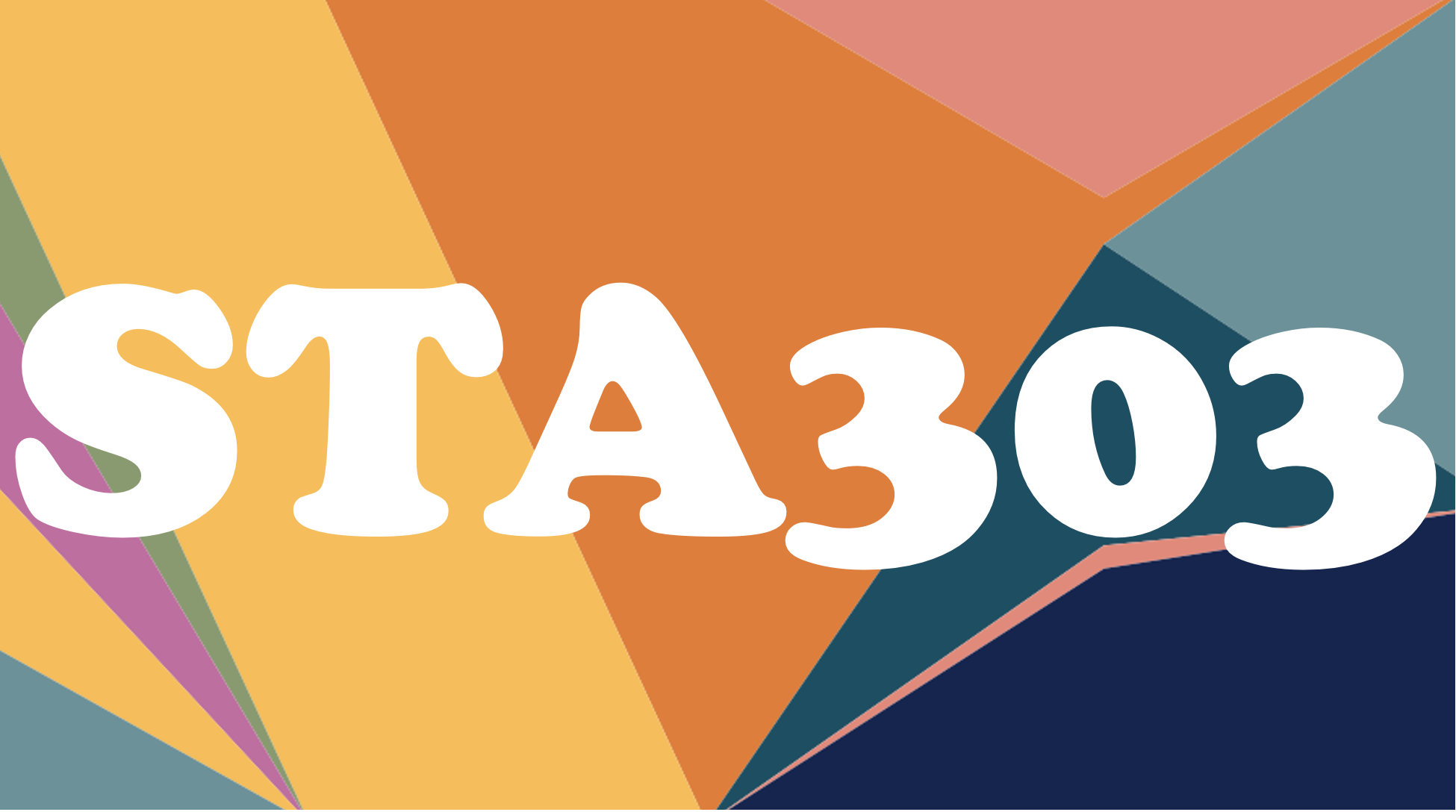R Notebook
Course guide
Winter 2022
1 How to use this course guide

This course guide has been created in R using the bookdown package.
In the web version, you can put this guide into dark mode and change the font style, if you find a different display preferable. Play around with the buttons at the top of the screen and see what they do.
You can download a PDF version of the whole guide with the download button (on the web version, look for the PDF icon button at the top). Note that many parts of this guide will be updated as the course proceeds, so the PDF might not be that useful to you unless you are separating out relevant portions for your annotations/notes, etc. Alternatively, to get just a specific chapter, you can ‘Print to PDF’ from your browser, and this is also how you can get a PDF copy of any linked/embedded slides. Shortcut: Cmd+P or Ctrl+P, and select ‘Save as PDF’ (or similar).
1.1 Communication policy reminder
All content and logistics questions must be asked on Piazza. Personal or private course matters should be emailed to sta303@utoronto.ca. Quercus mail or emails sent directly to teaching team members will not be answered. If you’ve missed an assessment due to illness or emergency, please fill out the appropriate form.
See the communication policy in the syllabus for more information.
1.2 Intellectual property statement
Course material that has been created by your instructor (i.e., lecture slides, questions/solutions, and any other course material and resources made available to you) is the intellectual property of your instructor (or the credited holder of the copyright) and is made available to you for your personal use in this course. Sharing, posting, selling or using this material outside of your personal use in this course is not permitted under any circumstances and is considered an infringement of intellectual property rights. If you would like to record any course activities in this course, you MUST ask permission from your instructor in advance. According to intellectual property laws, not asking permission constitutes stealing.
1.2.1 Tutoring companies
Tutoring companies do not have any right to suggest they are associated with this course. There is extensive support available within the course, department and university for all students. It is the opinion of the author that many tutoring companies are a predatory scam and a potential risk to students’ academic integrity. This statement should be prominently included by any such company seeking to share this resource.